Meaning of Genetically Predisposed – How GenesTurn On and Off
As an Amazon affiliate, I earn from qualifying purchases at no extra cost to you
Have you ever wondered if you were born this way or if you can change your genetic destiny? Does genetics truly determine your health destiny? Many people believe that genetics is set in stone, using phrases like “you must have good genes” or “you were born with good looks.” If this topic about the meaning of genetically predisposed interests you, you’ve landed on the right page. 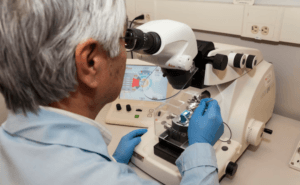
Meaning of Genetically Predisposed
However, over the past decade, biochemists and geneticists have discovered something remarkable—your genetic expression actually changes over time! In this comprehensive guide, we’ll explore the meaning of genetically predisposed and how you can potentially influence your genetic expression through lifestyle choices.
What Does Genetically Predisposed Mean?
Being genetically predisposed means that, based on your DNA, you are more likely to develop certain traits or conditions. However, a genetic predisposition doesn’t guarantee that you’ll develop these traits. Instead, factors such as your environment, lifestyle, and food choices determine whether specific genes are activated or remain dormant. If you want to expand your knowledge base, here’s a link: https://amzn.to/3GgOBtA
For instance, if your parents have green eyes, you’re genetically predisposed to inherit green eyes. Similarly, if heart disease runs in your family, you may have a genetic predisposition to heart problems. Nevertheless, having these genes doesn’t necessarily mean you’ll develop heart disease.
Genetic Disposition vs. Genetic Predisposition: What’s the Difference?
Although often used interchangeably, genetic disposition and genetic predisposition have subtle differences:
Genetic disposition refers to the general influence of your genes on your characteristics, traits, or tendencies. Key aspects include:
- It represents the inherited genetic factors affecting your likelihood of developing specific traits
- Your genetic disposition comes from the unique combination of genes from your parents
- It increases the probability of developing certain traits without guaranteeing them
- It affects everything from physical characteristics to health conditions and behavioral traits
- Environmental factors and lifestyle choices interact with your genetic disposition
- Understanding your genetic disposition helps with risk assessment and early detection
Genetic predisposition refers explicitly to an increased likelihood of developing certain conditions or diseases due to your genetic makeup. It focuses more on health-related outcomes.
Can Your Food Choices Override Genetic Predisposition?
Research shows that what you eat has a significant influence on which genes are activated and which remain dormant. Recent studies from Norway’s Institute of Science and Technology have shown that a balanced diet provides the best foundation for avoiding chronic diseases later in life.
Their research suggests an optimal diet contains approximately one-third protein, one-third fat, and one-third carbohydrates. This balance helps maintain proper gene expression and supports overall health.
How Food Affects Your Genes
When you eat, you’re not just consuming calories – you’re ingesting micronutrients like vitamins and minerals that trigger genetic switches. These compounds determine which genes are turned on and which are turned off. For example:
- A diet containing 65% carbohydrates (common in many Western diets) causes specific genes to work overtime.
- Specific food choices can trigger inflammation, potentially leading to cardiovascular disease, dementia, diabetes, and certain cancers.
- Conversely, other foods can activate genes that protect against these conditions.
This research supports Hippocrates’ ancient wisdom that “Food is Medicine.” Many people, including celebrities, have experienced significant health improvements after switching to a plant-based or modified diet.
Understanding Your Genes: The Basics
To better understand genetic predisposition, let’s explore some fundamentals:
What Is a Gene?
A gene is the basic unit of hereditary information. Despite the name, it has nothing to do with Levi’s 501 jeans! Genes pass from parents to children and contain the information needed to determine physical and biological traits.
Most genes code for specific proteins with various functions in your body. Humans have approximately 25,000 protein-coding genes, with two copies of each gene – one inherited from each parent.
Where Are Genes Located?
Genes develop on tiny structures called chromosomes located inside your cells. These microscopic units comprise all living things and contain billions of cells in your body.
Chromosomes come in matching pairs, with hundreds or thousands of genes on one chromosome. Both chromosomes and genes consist of DNA (deoxyribonucleic acid), the building block of your genetics.
Gene Expression: Turning Genes On and Off
Gene expression is the information encoded in gene-producing RNA molecules that either code for proteins or serve other functions. Through gene expression:
- Your body determines which genes activate and which remain dormant
- Scientists research complex disorders like heart disease, cancer, and metabolic conditions
- Your body responds to environmental factors, including diet
This process follows the central dogma of molecular biology, first described by Francis Crick in 1958, stating that genetic information flows in one direction: from DNA to RNA to protein (or sometimes directly from DNA to protein).
Nutrigenetics: Where Food Meets Genes
A fascinating emerging field called nutrigenetics studies the relationships between genes, diet, and health outcomes. Through nutrigenetics, researchers:
- Identify genetic susceptibility to diseases
- Discover how genes interact with food in the body
- Understand how our genes react to foods, beverages, and supplements
- Plan diets based on individual genetic makeup
A 2016 Norwegian study on the relationship between genetics, environment, and food preferences found that genetic factors influence how much food we eat across six food groups: vegetables, fruits, starchy foods, meat or fish, dairy, and snacks.
Importantly, biologists discovered that specific genes cause food cravings – suggesting that understanding our DNA could be key to addressing weight management challenges.
What Your DNA Reveals About Your Ideal Diet
Genetic specialists have found that:
- 45% of people genetically need a high-carbohydrate diet
- 47% require a moderate-carbohydrate diet
- Only 8% need a low-carbohydrate diet
Additionally, DNA testing can reveal food sensitivities to substances like lactose, gluten, and caffeine, helping you identify which foods might be healthiest for your unique genetic makeup.
Leveraging Environmental Factors to Influence Genetic Expression
Despite common misconceptions, your genes aren’t “set in stone.” Early experiences and environmental factors influence how genes are turned on and off, and whether some are expressed.
Science shows that the interaction between genes and the environment shapes human development. By understanding this relationship, you can make informed choices that positively influence your genetic expression.
Frequently Asked Questions About Genetic Predisposition
What is a gene?
Your DNA contains different sections called genes. Each gene creates proteins that perform specific tasks in your body.
What do proteins do?
Genes create proteins that carry out essential body tasks, including shaping appearance and ensuring proper body function.
What is genetic information?
Genetic information is the special blueprint passed down from your birth parents that helps determine what you look like and how your body works.
What is a cell?
A cell is the smallest unit of life. Your body consists of trillions of these microscopic building blocks.
What are chromosomes?
Each cell contains 23 pairs of chromosomes inherited from your birth parents. These structures carry your genetic material.
What is DNA?
DNA (deoxyribonucleic acid) makes up each chromosome. It carries the genetic information needed to build and maintain all the cells in your body.
Why is Genetics Essential?
Your genes function like an instruction manual within your cells, giving your body directions on what to do and how to do it. They provide instructions for everything from eye color to disease risk.
How Does Gene Expression Work?
Gene expression activates specific genes to produce messenger RNA, which helps form proteins. This process also controls how much messenger RNA your body produces.
How Does DNA Influence Your Diet Choices?
Various factors, including culture, learning, age, environment, and genetic makeup, shape your food preferences and dietary needs.
Key Takeaways: Understanding Your Genetic Blueprint
The human body contains approximately 25,000 genes, along with complex components such as cells, chromosomes, DNA, and RNA. Genetics overlaps with biology, biochemistry, genealogy, and studies of gene expression.
Through genetic research, we can:
- Discover our inherited traits, characteristics, and behaviors
- Identify causes of certain diseases and genetic mutations
- Develop solutions for chronic diseases and other medical conditions
Most importantly, we’ve learned that while genetics provides the blueprint, your environment and lifestyle choices can significantly influence how that blueprint expresses itself. This knowledge empowers you to make informed decisions about your health, which can potentially improve your genetic expression.
Want to Learn More About Your Genetic Predisposition?
Thank you for reading this comprehensive guide on genetic predisposition. I hope you’ve found valuable insights to discuss with friends and family. Remember, we’re all on this genetic journey together!
I love connecting with readers like you, as your thoughts and questions motivate me to continue creating helpful content. Please share your comments, ideas, questions, or feedback below.
Rachele, Founder
mybluegenes.com
rachele@mybluegenes.com
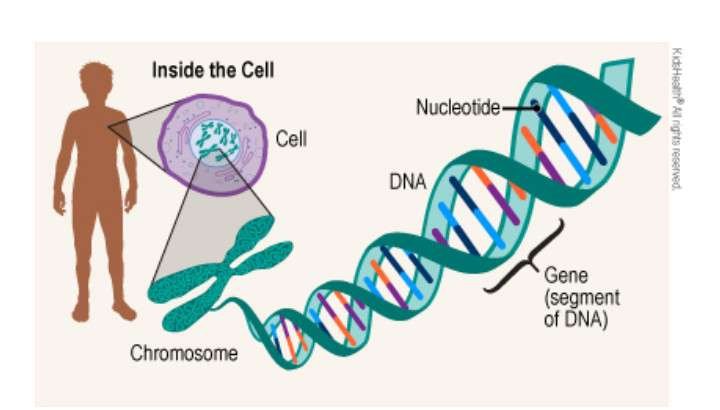
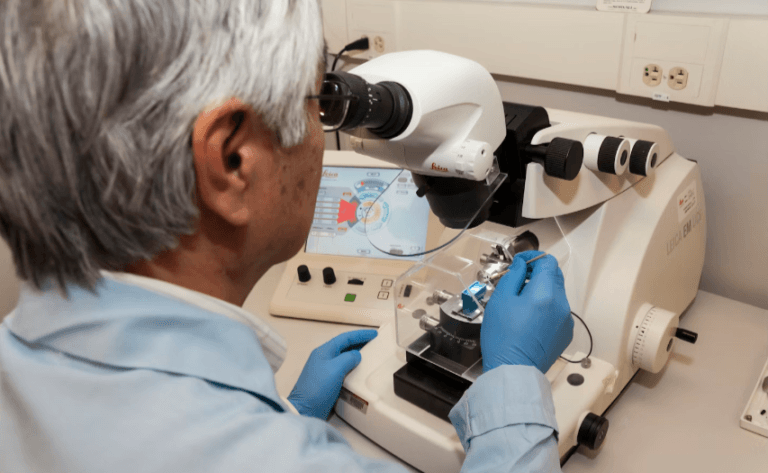
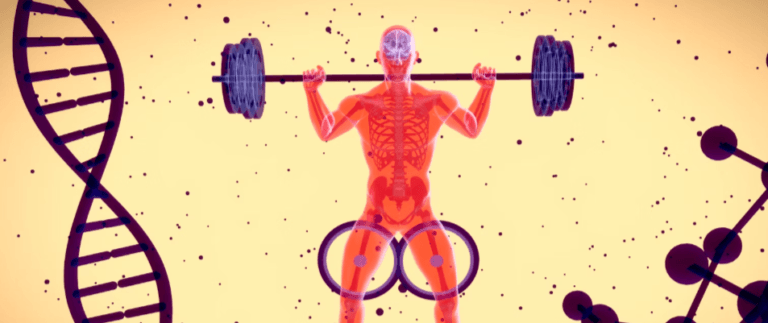
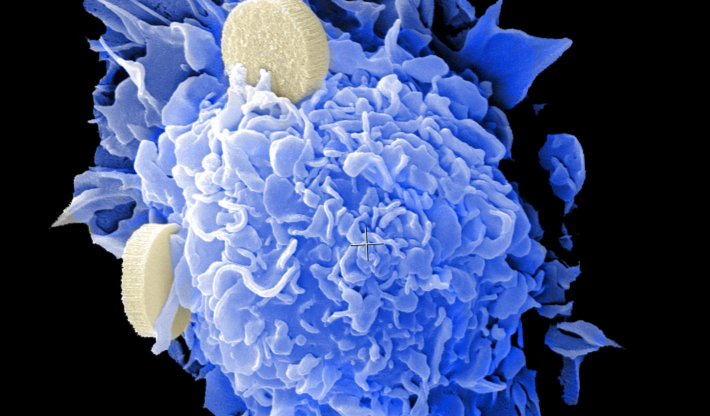

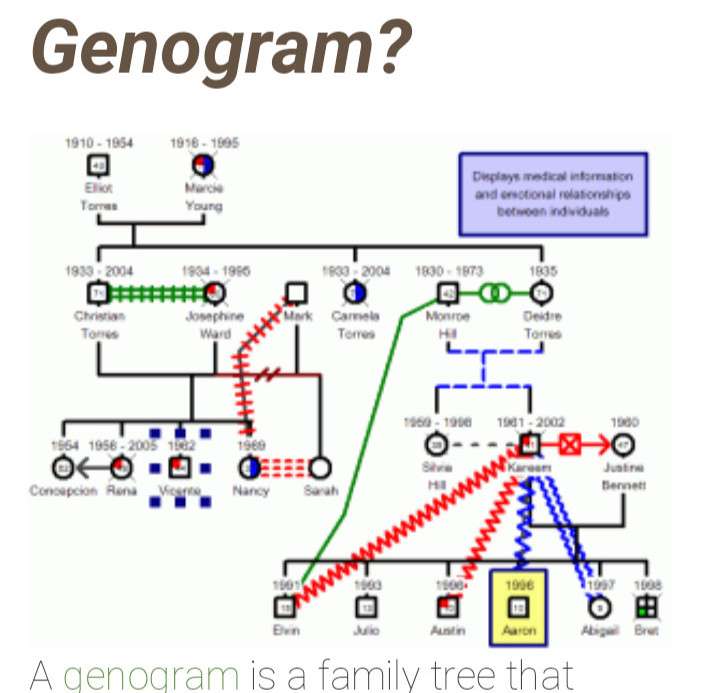
What an expository read for me. Honestly, I found a ton of benefits within your post. Thanks for all you do. What I particularly found intriguing is our ability to trigger genetic switches that determine what genes are turned on and off in our genetic makeup. I never really knew how powerful a balanced diet is in this regard. And honestly, I found that I have not been paying good attention to my diets this past few weeks. I need to readjust before anything gets complicated for me in the future.
Harmony,
Your comments are very humbling. Genetics is a sensitive topic, and it is oftentimes overlooked. While attending community college I took a course in genograms, and it helped me realize how characteristics and behaviors are handed down intergenerationally. Some of these genes can predispose us to certain dietary patterns. However, we can learn how to turn on the good genes.
Sometimes it is a good rule of thumb to consider a gradual lifestyle change and allow yourself to readjust one meal, one day at a time.
Wishing you a Happy, Joyous Holiday Season.
Rachele
Can you be more specific about the content of your article? After reading it, I still have some doubts. Hope you can help me.
All this means is that, you have certain genes that you inherit from parents.
Your article helped me a lot, is there any more related content? Thanks!
Very good to know.
Rachele